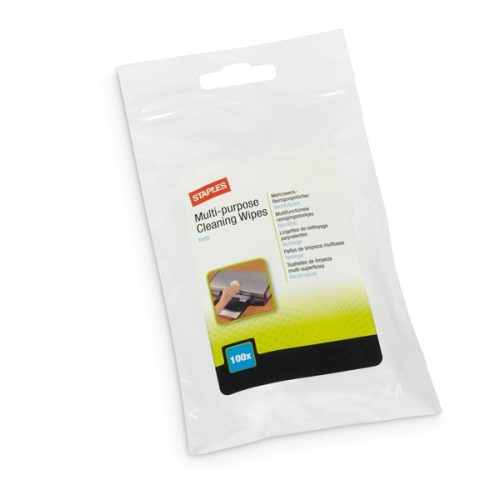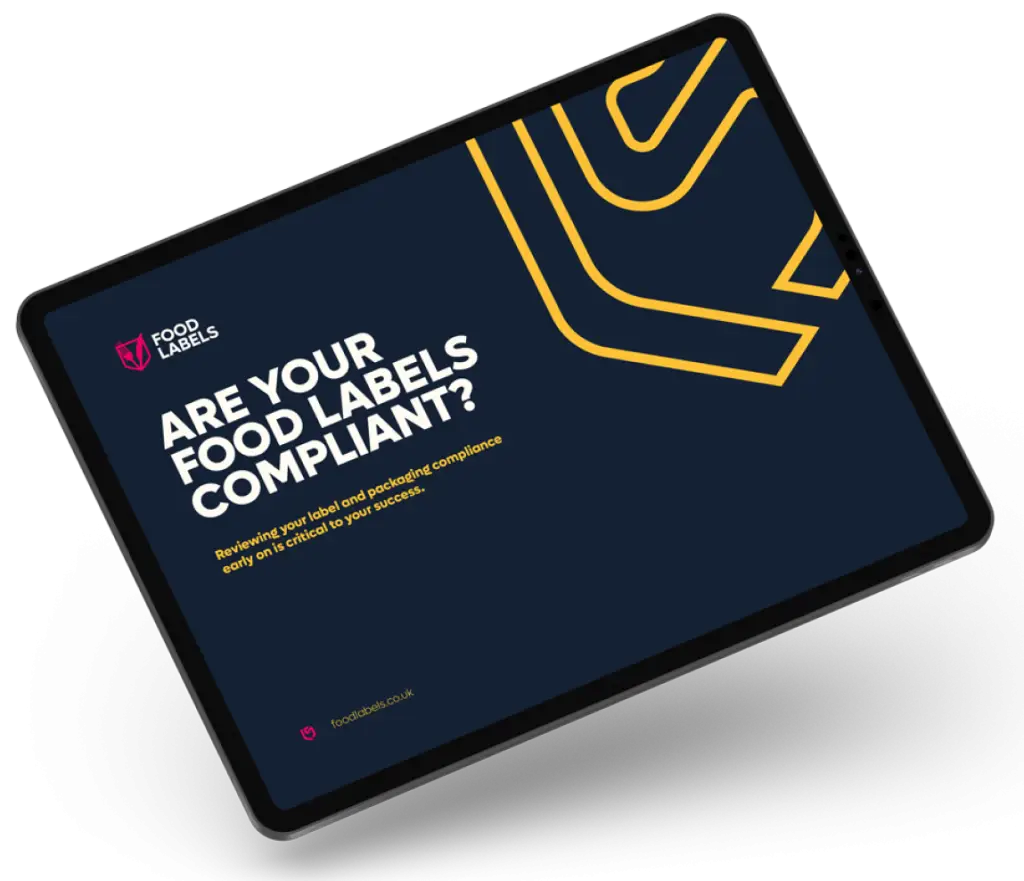Ingredient Labels FAQs
An ingredient label provides detailed information about the components used in a product, listed in order of quantity. It ensures transparency by informing consumers about what’s in the product they are purchasing.
Ingredient labelling helps build consumer trust by promoting transparency. They make sure of compliance with regulatory requirements and cater to health-conscious customers who are becoming increasingly interested in the ingredients of the products they use.
Ingredient labels in the UK must comply with various regulations, such as the Food Information Regulation (FIR) for food products, or the Cosmetic Products Regulation for cosmetics. These regulations require clear, accurate labelling, and most importantly include allergens and additives.
Yes, allergen information is a key part of ingredient labels for food and cosmetic products. UK law requires that allergens such as nuts, gluten, or dairy be highlighted on ingredient labels to safeguard customers.
Ingredients must be listed in descending order of weight, from the highest to the lowest amount present in the product. For some products, such as cosmetics or processed foods, additional regulations can apply regarding specific groupings of chemical ingredients or terminology.
Labelservice adheres to all relevant UK and EU labelling standards, including the Food Information Regulation, the Cosmetic Products Regulation, and any applicable industry-specific guidelines to make sure that ingredient labels are compliant, clear, and accurate.
Typically, labels are made from paper, vinyl, polyester, polyethylene and other types of specialty films. We also offer ingredient labels that can be made from a range of sustainable materials, such as recycled paper, biodegradable films, or FSC-certified paper. These options are ideal for businesses looking to minimize their environmental impact.
For food products, ingredient labels must include nutritional information, such as energy, fat, carbohydrates, sugar, and protein content. These details must follow UK regulations for food labelling, which outline how the information should be presented.
Yes, labelservice offers ingredient labels that can be fully customised to meet the unique requirements of different products, whether it’s for food, cosmetics, or other items. We offer a range of label sizes, materials, and design options to suit your brand and regulatory needs.
Ingredient labelling offers clear transparency and can help your products stand out, especially for health-conscious customers or those with dietary restrictions. Clear, compliant labels can increase trust and customer loyalty, improving your brand’s reputation.



















